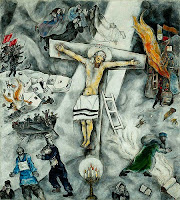The good people at www.GoodTherapy.com have made me a Topic Expert in Family Therapy. I write a column monthly - here's the latest: It may be the idealized image of television shows, or perfect, ever-present pictures in advertising in newspapers and magazines, or just the plan hopefulness with which we all start our families. But most of us don’t plan to include chronic, life-long health problems in our family plan. Our bodies are quite amazing creations, able to fight off disease, recover from injury, grow, age and change every day. We aren’t minds that have bodies attached, but we are instead bodies that think. We must eat, move, think, rest, work and love with our physical selves in mind. And for the most part, this natural rhythm of self-care makes life work. But life isn’t smooth, and our physical systems aren’t perfect. Some of us will encounter injury, disease or disability that does not respond to time and care. For many of us, that process comes quite late








